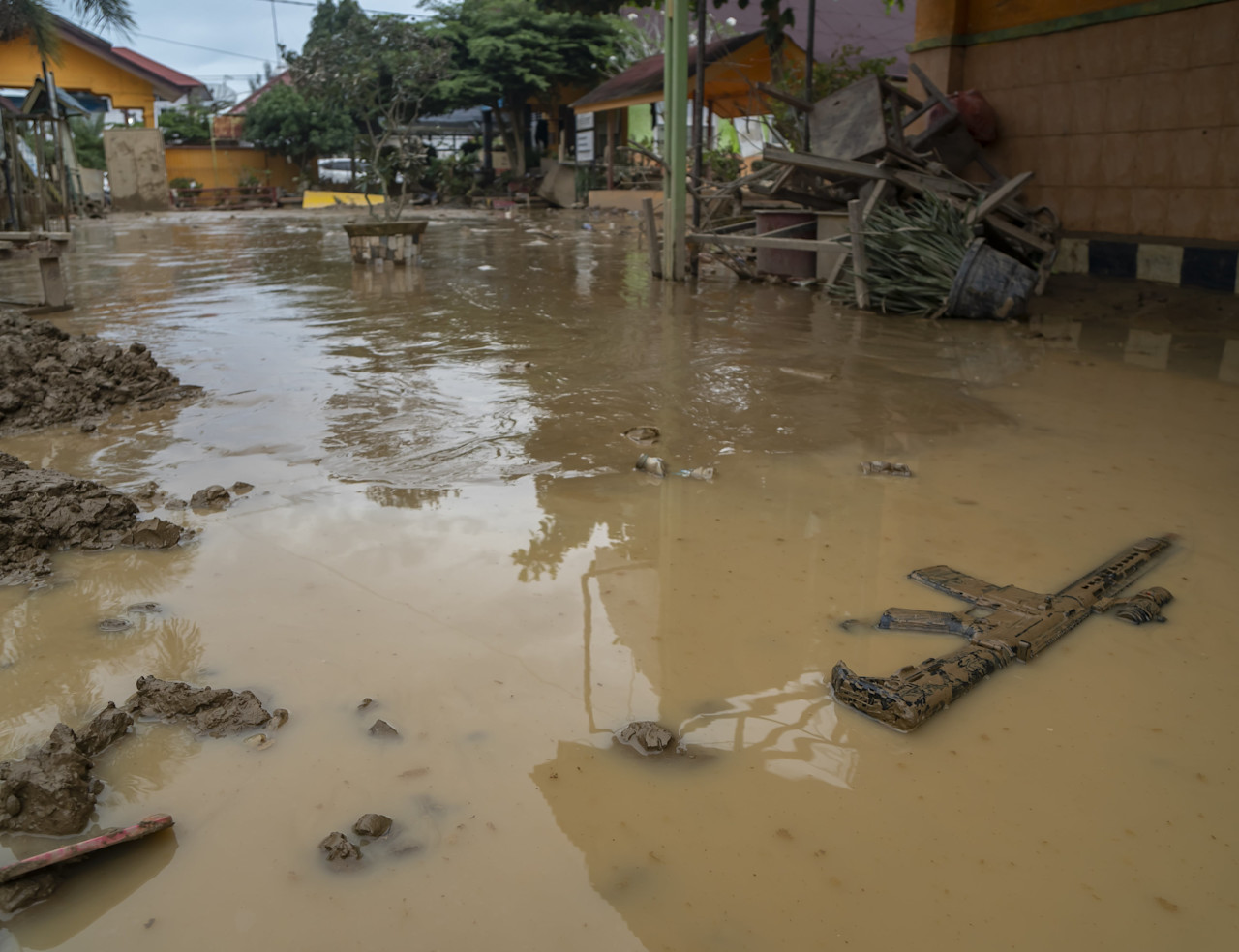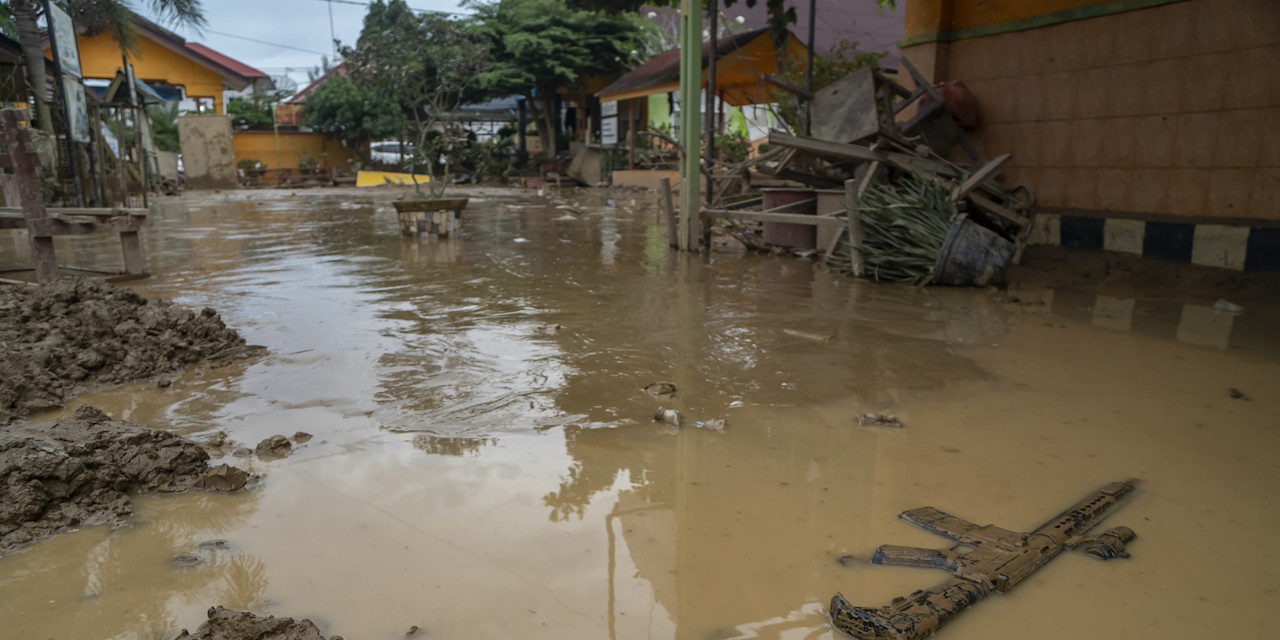

Indices insights - SDGs: Progress at the halftime mark
As we reach the halfway mark of the 15-year plan for the Sustainable Development Goals (SDGs) – inaugurated on 1 January 2016 – the pressing question emerges: Is the global community on track to fulfill the SDGs by 2030? The clock is ticking, with just over seven years remaining for impactful change.
まとめ
- Complex metrics make tracking SDGs challenging
- Some gains in education and climate, but urgent action is needed
- Our new animation visualizes per-capita SDG progress
Assessing advances in the SDG framework is a multifaceted and complex endeavor. The framework encompasses five key pillars, often referred to as "The Five Ps": People, Planet, Prosperity, Peace, and Partnerships. These pillars collectively represent 17 distinct goals, each having specific targets slated for achievement by 2030. Progress on these targets is gauged through 248 separate indicators, where the progress of each indicator is measured through one or more variables.
Because most variables are measured on different scales, and not all indicators have explicit quantitative targets, there is no straightforward way to aggregate the individual indicators into a single measure of global progress. Judging the progress of each SDG therefore requires making many subjective decisions, all while incorporating expert opinions. This also means that the SDGs are not directly comparable, making it notoriously difficult to create a universal ranking.
The consensus among experts is clear, however: the world is not on track to achieve the SDGs. Temperatures are rising, biodiversity is eroding, and inequality deprives millions of people from access to basic amenities. This conclusion is clear both from the Sustainable Development Report, which shows each country’s performance per SDG, and the SDG Tracker by Our World in Data, which shows the development of individual variables over time.
All the same, we can’t help but wonder: what’s the progress across the SDGs in terms of the average person?
Our methodology: a per capita perspective
For our analysis, we adopt a simple, holistic methodology to measure progress. We select from all available indicators those that (1) have sufficient data coverage for countries (cross-sectional) and years (longitudinal), (2) are readily available, and (3) are comparable between countries.
If data for a country is not available for recent years, we take the last known value. If a country starts reporting data later than other countries, we instead use the first reported value for that country. Although we recognize that making these assumptions for missing data is not ideal, we believe it outweighs the alternative of having global values jump up and down due to individual countries entering and leaving the sample.
For each indicator, we then use the country values to calculate the 10th and 90th population-weighted percentiles in 2015. Using these percentiles, we standardize the data of each country to a value between 0 (average result is worse than the 10th percentile of the global population in 2015) and 1 (an outcome superior to 90% of the population in 2015). We then aggregate the country data to a global value on a per capita basis. After repeating this procedure for every indicator, we take the simple average over all indicators for each target, and average again for all targets per goal. These values yield a composite progress measure for each SDG.
Although this approach is simplistic, using it consistently for each indicator makes them comparable and allows us to aggregate indicators into single SDG progress metrics – our ultimate goal for this visual. This methodology also enables us to examine pre-2015 data for a longer view of global progress.
Note that this approach overlooks expert opinions and specific SDG targets. Additionally, by analyzing all SDGs from a relative (to 2015), and per capita basis, our analysis might be overly optimistic. For example, Indicator 13.2.2 aims to integrate climate change measures into national policies, which can be interpreted as implying that the world should achieve zero emissions by 2030. In our analysis, however, we would consider indicator 13.2.2 to have been achieved when the average global per capita emissions are below that of the lowest emitting 10% of the population in 2015.
Recent trends and concerns
Our visual representation reveals mixed progress across the SDGs since 2000. While Goals 4 (Quality Education), 7 (Affordable and Clean Energy), and 13 (Climate Action) appear promising, the overall progress since the SDGs’ initiation is not uniformly encouraging. For instance, Climate Action has seen advances in disaster risk strategies but continues to struggle with rising greenhouse gas emissions. The data also suggests slow progress in SDGs related to Zero Hunger, Decent Work and Economic Growth, Sustainable Cities and Communities, Life Below Water and Life on Land.
If trends persist, the timeline for achieving most of the SDGs could extend far beyond 2030. So, despite some progress, a significant gap remains in achieving the goals within the stipulated time frame. Urgent action is needed, particularly by governments, to accelerate progress towards a sustainable and equitable future for all.

Subscribe - Indices Insights
Receive an update as soon as a new article is available with insights about sustainability, factors or markets.
Footnotes
Data from Worldbank, UNdata and the United Nations Statistics Division. Calculations and interpretation by Robeco. This visualization is for illustrative purposes only and should not be considered an official progress indicator. The views expressed in this visual do not reflect the views of any organization, agency or program of the United Nations. Robeco supports the SDGs.
Indices Insights
重要事項
当資料は情報提供を目的として、Robeco Institutional Asset Management B.V.が作成した英文資料、もしくはその英文資料をロベコ・ジャパン株式会社が翻訳したものです。資料中の個別の金融商品の売買の勧誘や推奨等を目的とするものではありません。記載された情報は十分信頼できるものであると考えておりますが、その正確性、完全性を保証するものではありません。意見や見通しはあくまで作成日における弊社の判断に基づくものであり、今後予告なしに変更されることがあります。運用状況、市場動向、意見等は、過去の一時点あるいは過去の一定期間についてのものであり、過去の実績は将来の運用成果を保証または示唆するものではありません。また、記載された投資方針・戦略等は全ての投資家の皆様に適合するとは限りません。当資料は法律、税務、会計面での助言の提供を意図するものではありません。 ご契約に際しては、必要に応じ専門家にご相談の上、最終的なご判断はお客様ご自身でなさるようお願い致します。 運用を行う資産の評価額は、組入有価証券等の価格、金融市場の相場や金利等の変動、及び組入有価証券の発行体の財務状況による信用力等の影響を受けて変動します。また、外貨建資産に投資する場合は為替変動の影響も受けます。運用によって生じた損益は、全て投資家の皆様に帰属します。したがって投資元本や一定の運用成果が保証されているものではなく、投資元本を上回る損失を被ることがあります。弊社が行う金融商品取引業に係る手数料または報酬は、締結される契約の種類や契約資産額により異なるため、当資料において記載せず別途ご提示させて頂く場合があります。具体的な手数料または報酬の金額・計算方法につきましては弊社担当者へお問合せください。 当資料及び記載されている情報、商品に関する権利は弊社に帰属します。したがって、弊社の書面による同意なくしてその全部もしくは一部を複製またはその他の方法で配布することはご遠慮ください。 商号等: ロベコ・ジャパン株式会社 金融商品取引業者 関東財務局長(金商)第2780号 加入協会: 一般社団法人 日本投資顧問業協会





























